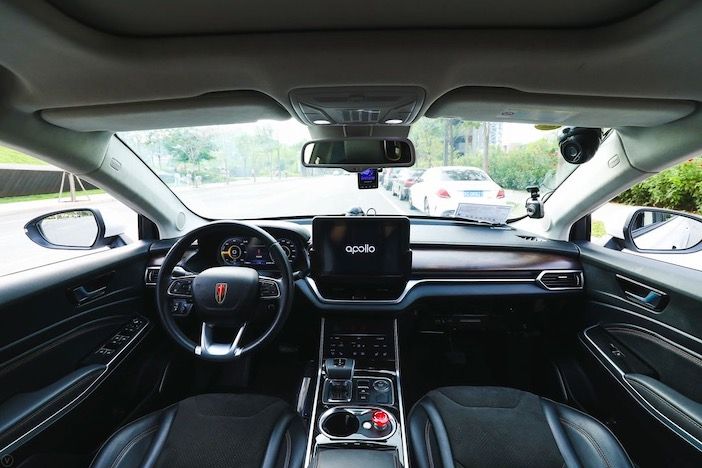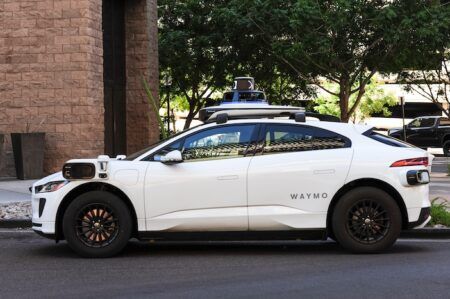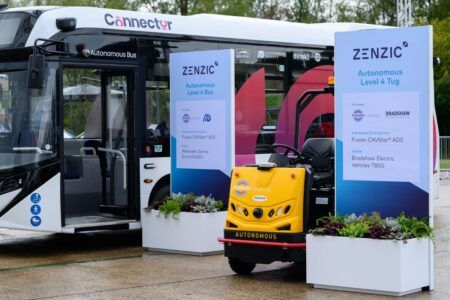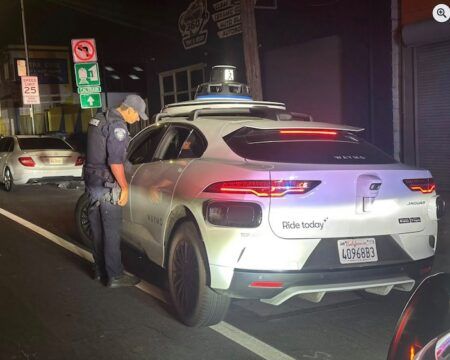Baidu Apollo has now been approved by the California Department of Motor Vehicles (DMV) to test driverless vehicles without a safety driver behind the wheel on public streets. This makes Baidu the first permit holder in the state to receive driverless test permits for two different vehicle models.
The permit will allow Baidu Apollo to test our autonomous driving Lincoln MKZ and Chrysler Pacifica day and night within Sunnyvale, CA. Baidu Apollo driverless vehicles are developed by Baidu, Kinglong and a consortium of more than 40 companies.
The California permit is the latest in approvals to test fully driverless vehicles. On December 7, 2020, Baidu Apollo was granted permission by Beijing transportation authorities to conduct fully driverless road tests. The announcement makes Baidu the first and only company permitted to conduct driverless tests on public streets in the capital city of China. This past September, Baidu Apollo also received permission to test driverless vehicles in Changsha, Hunan province.
At the annual flagship tech conference Baidu World 2020, Baidu Apollo displayed Fully Automated Driving capability for the first time through a livestream from Beijing’s Shougang Park.
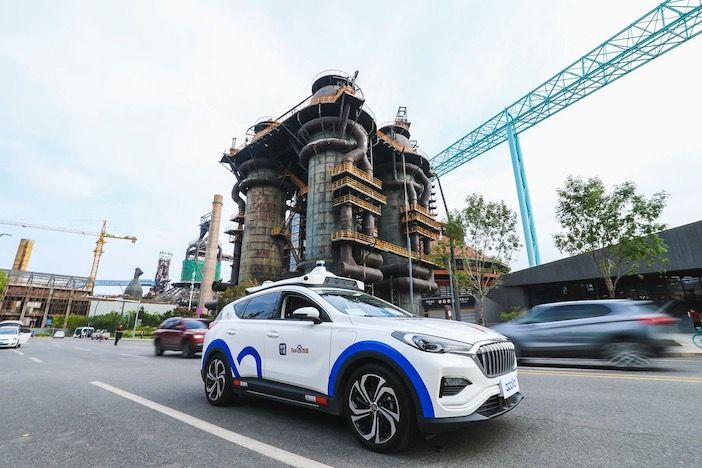
With pre-installed and mass-produced vehicles as the foundation, the AI driving system is now capable of operating the vehicles independently, and a 5G Remote Driving Service allows remote human operators to intervene in case of emergencies.
Baidu began the development of autonomous vehicle technologies in 2013. Since then, Baidu Apollo has become the world’s first open-source autonomous driving platform engaging over 55,000 developers and 210 industry partners. The Apollo platform has compiled more than 700,000 source code lines around the world.
Baidu Apollo has built a fleet of more than 500 test vehicles driving over 7 million kilometers (4.35 million miles) in urban road testing across 27 cities worldwide. Baidu Apollo Go robotaxi service is now operational in Beijing, Changsha, and Cangzhou, and has carried over 210,000 passengers. Our plan is to expand our robotaxi service to roughly 30 cities over the next three years.


